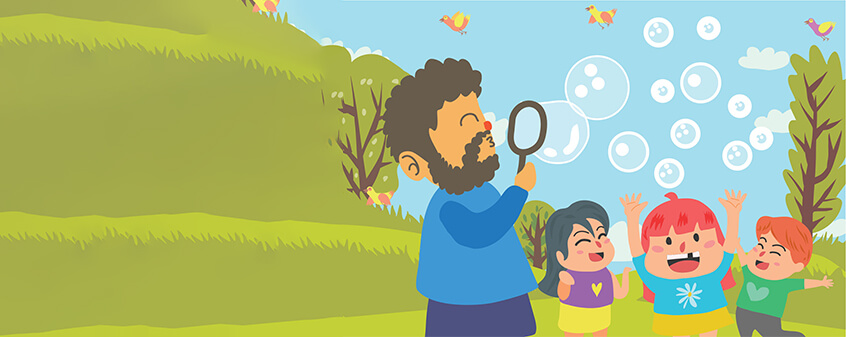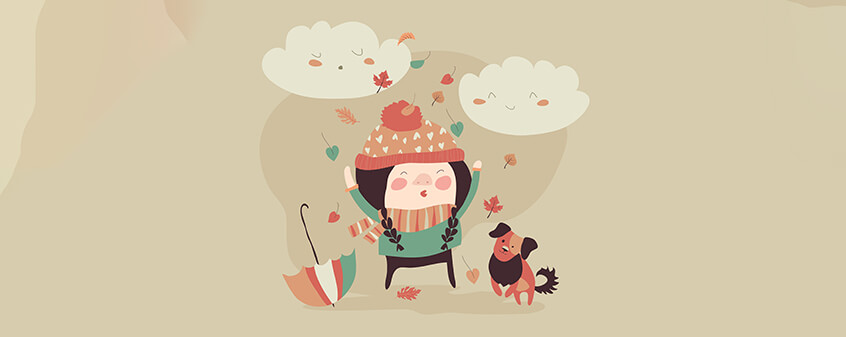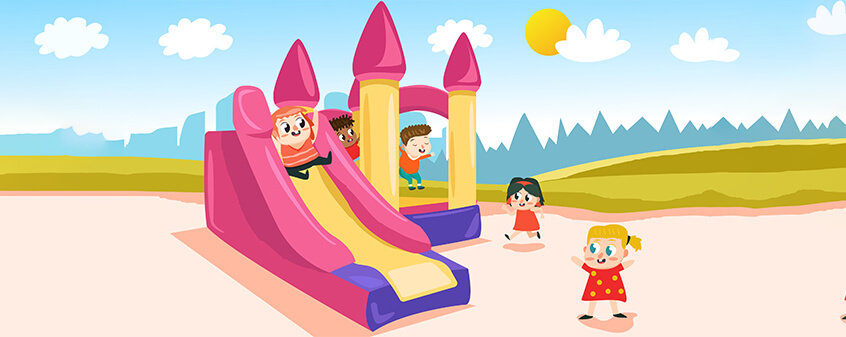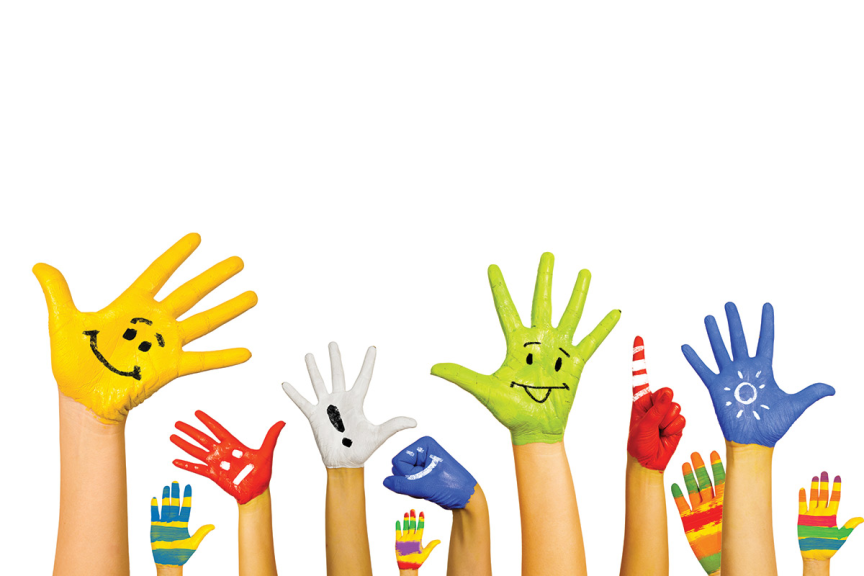Choice of friends
‘But, Ma! Raj is my best friend! He understands me. You guys don’t. He is the only one who knows what I need, how I feel and what I think. You want me to do what you want! Parents and teenagers are usually at loggerheads over the friends a child keeps. While some parents are chilled out about
who their child’s friends are, others get very anxious. Teenagers begin to look at peers as their support. They have now moved out of the ambit of the parent and want to explore everything. This begins with friendships. Some friendships that they make during this period last a lifetime. Look into your own life. How many of your friends are still with you today? As we grow up, we have made our choices about our friends. Trust your child to do the same. This is an age when children want to experiment. This experimentation goes on to choosing friends also. Soon they will filter their friends.
A few but important things you should make a habit of:
• call their friends home or go out for picnics. Arrange parties for them. But let them alone. Do not hover around like a helicopter;
• get to know the names of his friends. Discuss with them why their friends are important;
• get to know his friends. Your concern may just not be justified;
• don’t go by appearances. Children want to experiment at this age. His friends are also experimenting with their clothing;
• tell your child you trust his choices;
• respect his friends and you will win them over; and
• trust yourself and your upbringing. Remember, when you do not trust your teenager, you don’t trust the values you instilled in him.
‘I let Fahad do what he wants. I invite his friends over. I have discussions with him over the guys I am not comfortable with. But he only seems to get angry with me. I thought by being a friend, I have him with me. No! I still don’t. Where am I going wrong?’ asks Raheena, 47, a seamstress.
Even after doing all that needs to be done, if your child is still withdrawn, it indicates a sense of loneliness in him. He lacks self-confidence. Talk to him. Find out where the vacuum in his life is. If required, get a third person he trusts to talk to him.
The teenage years are also a reflection of what the subconscious mind imbibes during the growing stages. Whether a teenager is comfortable in his skin or not has a lot to do with how he has grown up. A traumatic childhood affects the teenager’s mind. As the teenager moves out of the home and meets new people, the brain goes through a constant state of wiring and re-wiring. But this happens on the basic subconscious template that has formed through childhood.
Thus, as a paent, if we ensured that the mind template supplied to them positive and happy, one can rest assured that the age of experimentation will pass soon. Your children will come out of the tumultuous teen ages triumphantly.
Virtual lives and Internet safety
The Internet is a vast resource, a storehouse of information. But it is also a warehouse of hazards. Even simple key word searches can lead them to dangerous places on the net.
Just type ‘how to’ on Google and you’ll discover that the most searched for things include ‘how to kiss’ and ‘how to get pregnant’! The doorway is open and the threats are imminent. Awareness about the dangers of the Internet is essential. Children are as vulnerable to Internet strangers as they are to real life ones. Chat rooms, social networking sites, gaming zones are all areas where children can meet unknown people. People can take them into confidence and violate their privacy. Children will not always or immediately realize what is happening to them. As I have discussed earlier, children love to experiment during this time. Making online friends is also a part of their experimentation. There is a lot of sexual content online and their laptop, tablet, and iPad can provide them a platform to view such content within the confines of their room. Sexual content is a topic of high interest for kids this age and they may be motivated to probe further.
Watch out for signs that your child may not be using the
Internet for productive reasons:
• the child spends long hours on the computer, especially at night;
• he changes the screen the minute he sees an adult around; and
• he is withdrawn from the family and wants to spend time online.
Teach them Internet safety. Social networking sites are important but also guide them about what they post on their status. Corporates today are looking up social networking sites to gauge the value systems of a person. So a photograph of the child smoking or revelling in a drunken party may sound
like bravado today, but can lead to adverse consequences in the future.
The virtual world is also an attack on your privacy. Teach children to keep as much information private as possible. Tell them that at no cost should they reveal full addresses, phone numbers, or family information.
The world is moving towards technological connectivity. All devices are connected through a cloud, a Drop Box, or Google docs. These help connect your mobile, laptop, tablet, and puts all of them on a virtual sharing platform. Information input in one device can be used in another device. This constant connectivity can become a noose that gets tighter and tighter.








